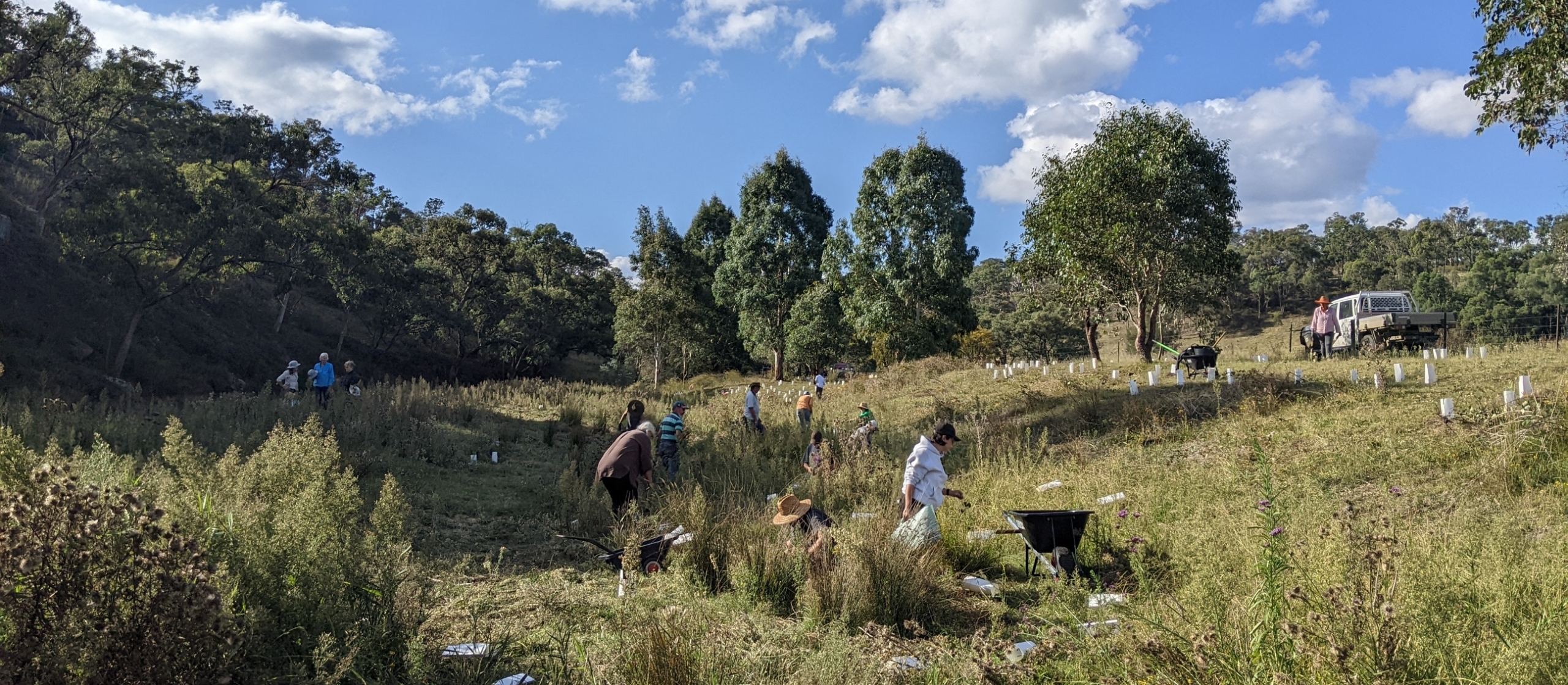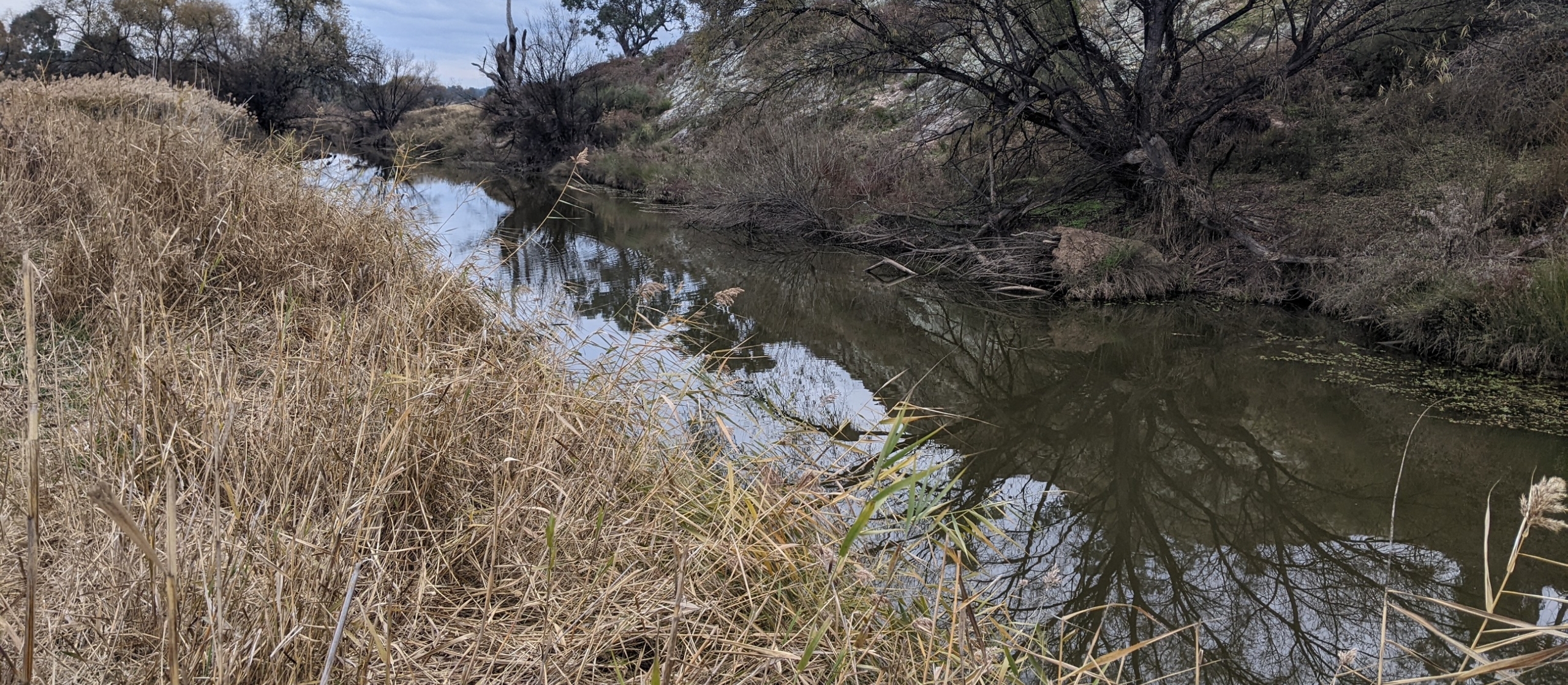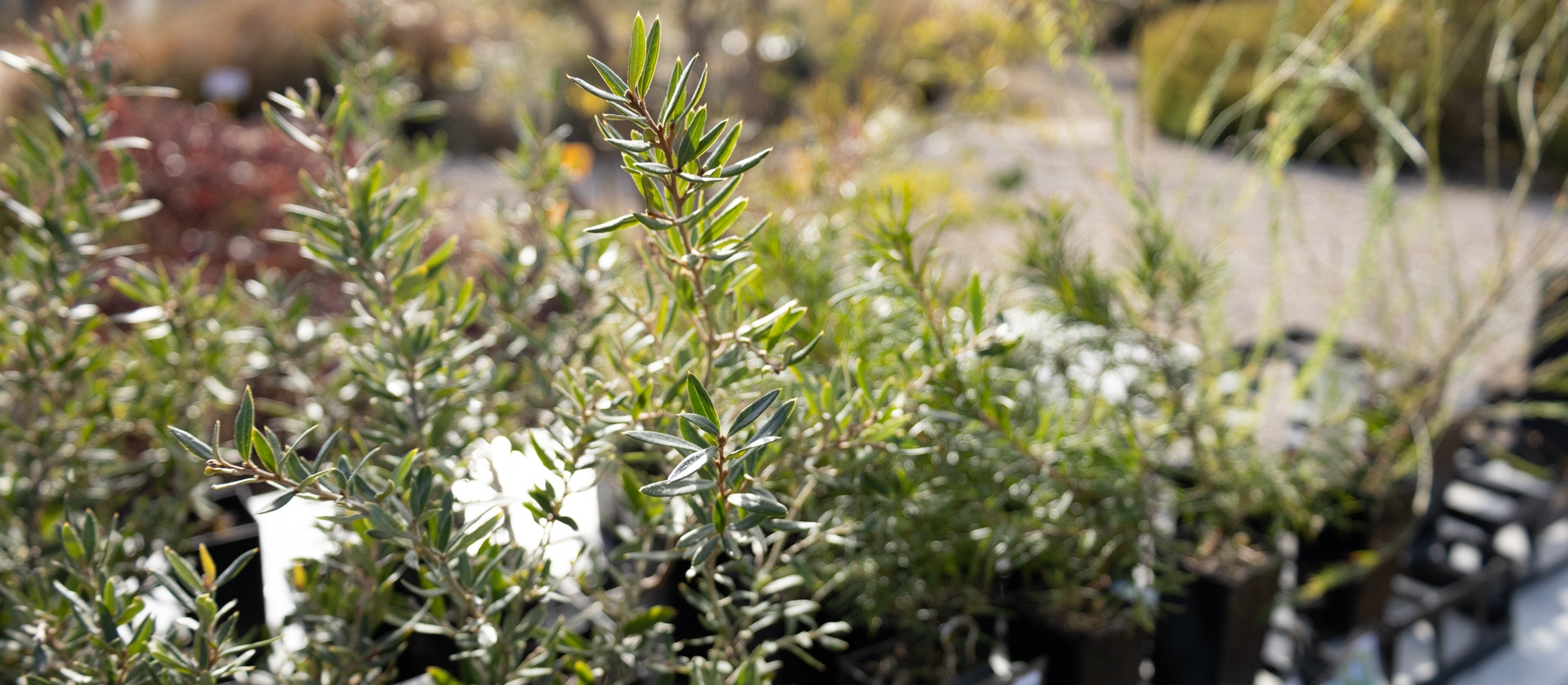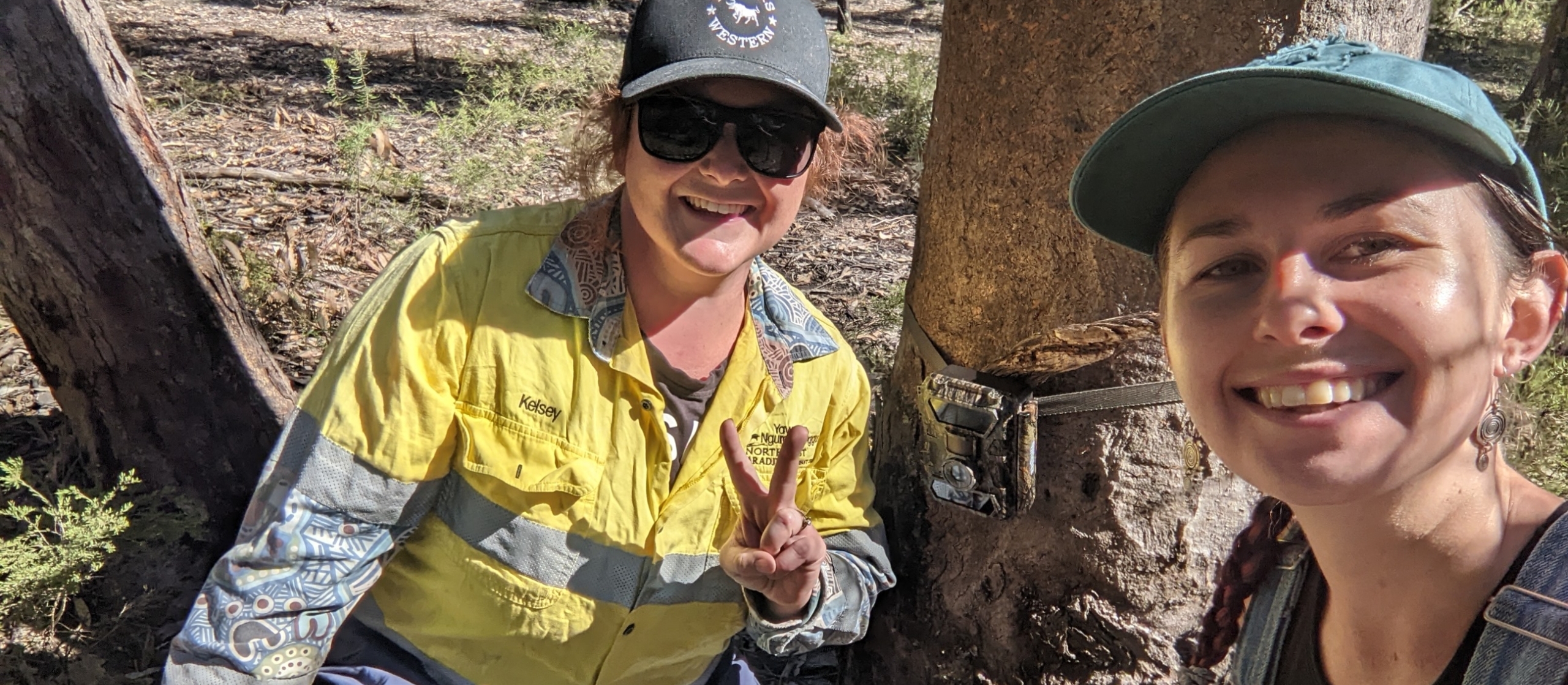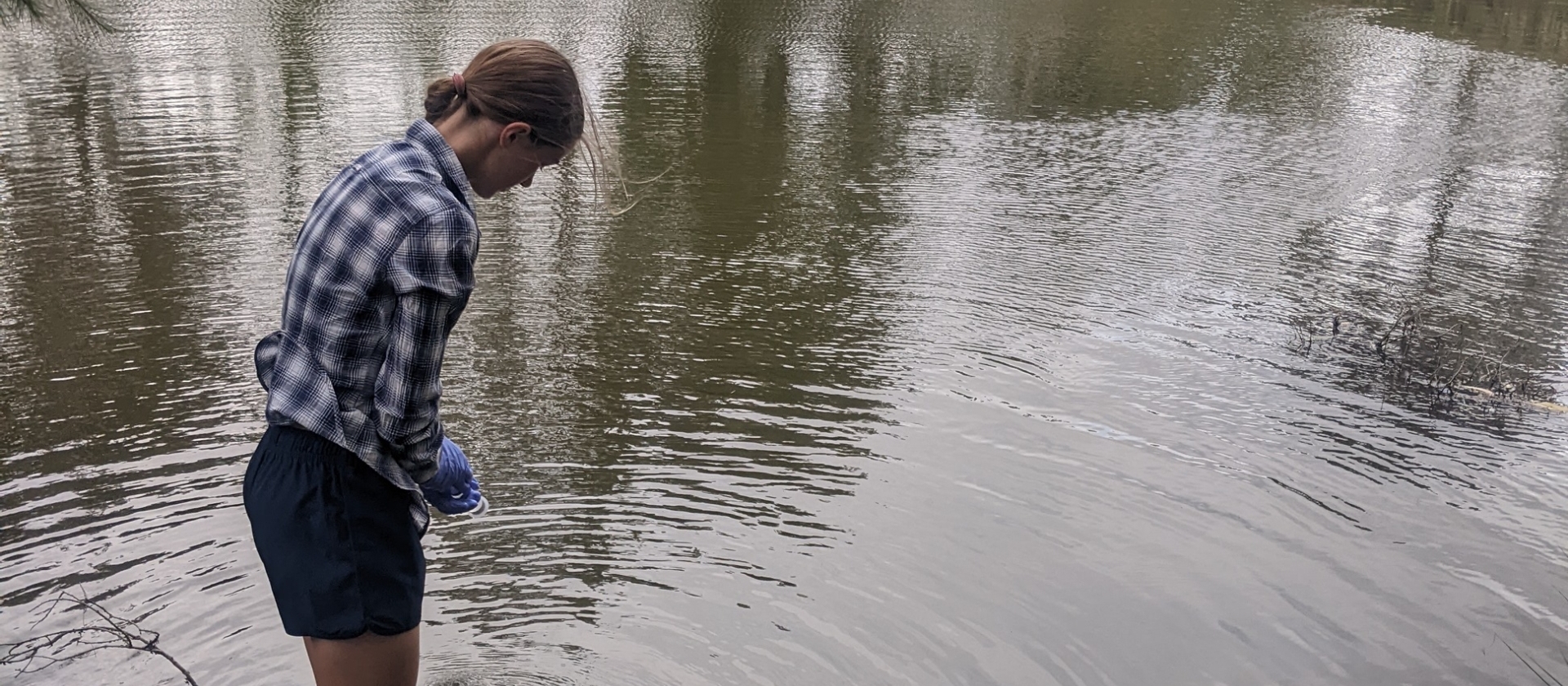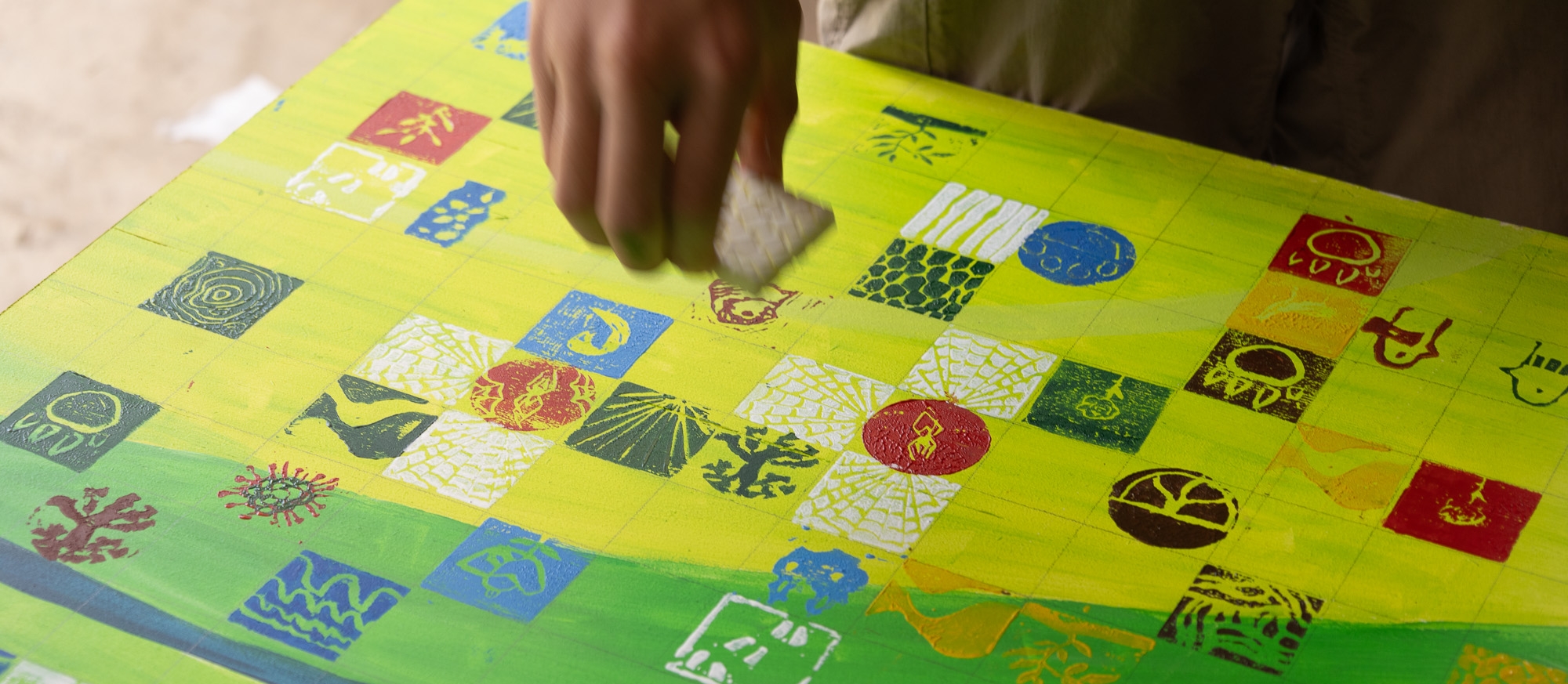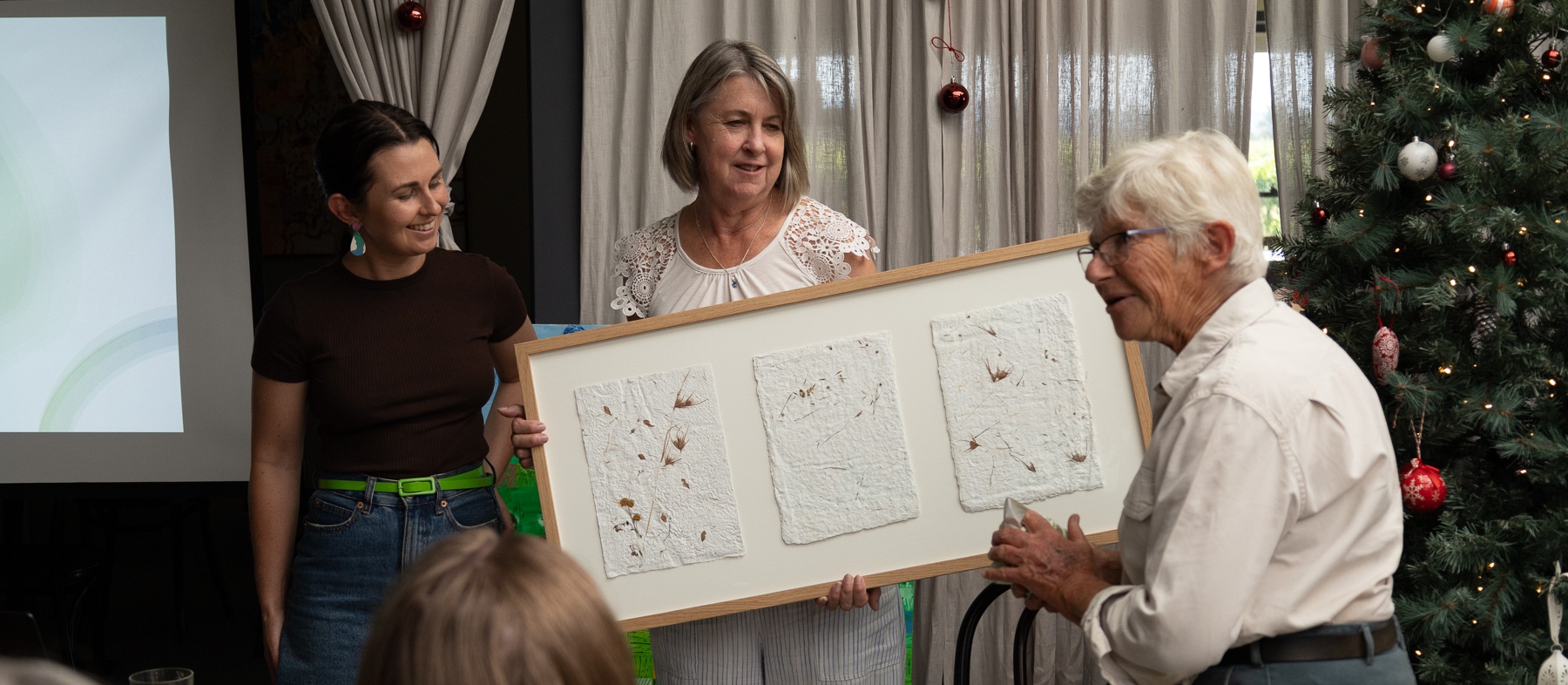Changing weather conditions will require farmers and growers in the Central Tablelands to adapt
Published 2nd September 2022. Written by Maddison O’Brien
The Central Tablelands has some of the most highly productive and sought-after agricultural lands in NSW, suited to a wide variety of horticultural and broadacre crops and livestock production. The agricultural lands in the Central Tablelands are a beautiful part of our scenic environments, growing food for people and animals and providing around 5,000 jobs in the region. Over time, climate change will cause changing weather conditions that require farmers and growers to adapt. The tools of the Regenerative Agriculture movement provide means for increasing resilience to extreme weather events and decreasing inputs. The REGENERATE Series demonstrates some of these tools and offers learning opportunities from experienced agriculture innovators.
The Central Tablelands is expected to experience an increase in all temperature variables (average, maximum and minimum) by 2030. Summer temperatures are projected to increase by 0.7°C in 2030 and 2.1°C by 2070. The number of hot days (over 35°C) is projected to rise in the Central Tablelands by another five to 10 days by 2030 and 10-20 by 2070, with increases most pronounced in spring and summer. Minimum temperatures are projected to increase. (Agriculture Industry Snapshot for Planning, DPI 2020)
Protecting precious topsoil, especially during extreme temperatures, drought and floods, is paramount. Where would we be without our soil? RCS Transforming Agriculture is doing a one-day workshop on 5th October to inform you of the most up-to-date information about soil health. Learn how to not only protect your existing topsoil but build new topsoil for increased productivity, water holding capacity and carbon sequestration.
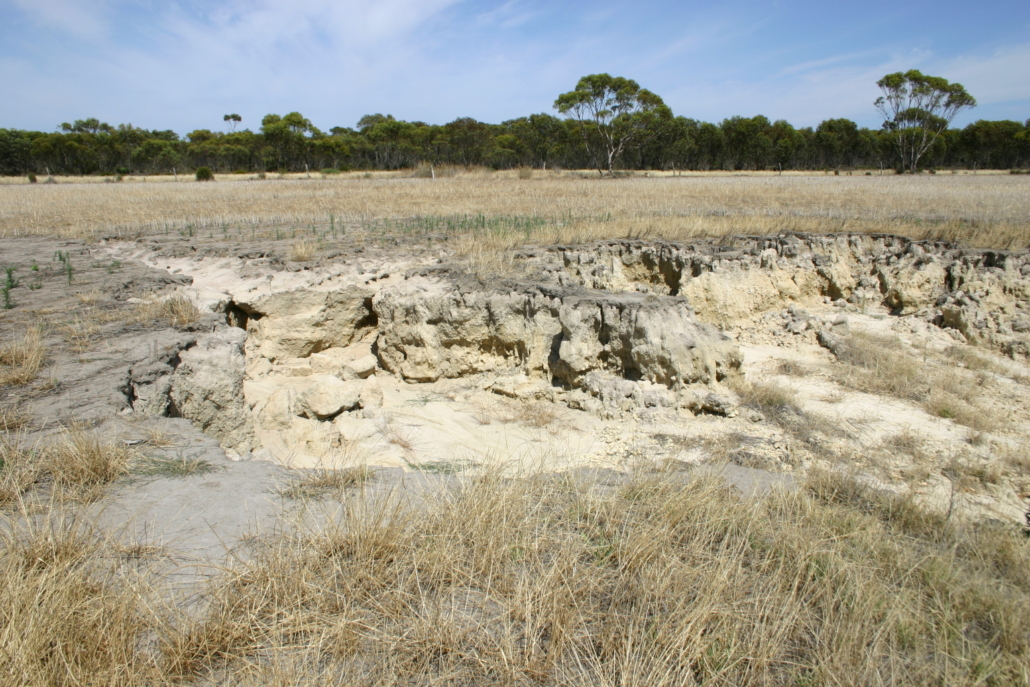
Erosion has become a huge problem during this time of recurring flood. Come along to the REGENERATE Series to learn how you can protect and restore your soils.
Climate models indicate both wetter and drier scenarios for annual rainfall. This highlights the importance of water use efficiency and managing water in the landscape. Storing water in soils is the most effective way to build resilience against extreme temperatures and drought. We’ll be hosting a workshop with Stuart Andrews on 5th November, learning about Natural Sequence Farming and helping you read your landscape for better water management and fertility building.
As custodians in such an important agricultural region, it is in our best interest to connect and collect skills and updated information so we can have the tools to make the best decisions in an uncertain future! The more exposure to others who have found innovative ways of maximising resilience and production without degrading soils, the better! Don’t miss the main event on 22nd October; Conversations for Change with Dr Charles Massey, Pasture Cropping innovator Col Seis and other local guest speakers who are leaders in creating resilience in our farming landscapes. Go to watershedlandcare.com.au/events to see the full lineup of REGENERATE events. We hope to see you there.



